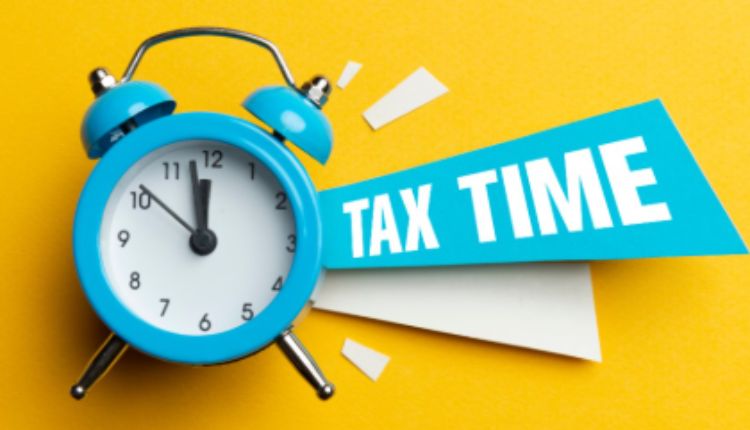When it comes to tax deadlines, most people think of the usual suspects — Self Assessment, Corporation Tax, PAYE filings. But if you’re involved in a business partnership, there’s another important task that can’t be ignored: the partnership tax return.
It’s not the most glamorous part of running a business, but it’s an essential one. And missing it? Well, that’s a mistake that can cost you.
Who Actually Files It?
Good question. While it’s a return for the partnership, one ‘nominated partner’ is the one legally responsible for making sure it’s filed. That means they’re the one on the hook for late-filing penalties or mistakes — even if everyone else in the partnership is blissfully unaware.
It’s a heavy hat to wear, especially in busy seasons when the books are still being finalised or someone’s off on holiday. That’s why it’s so important to agree early on who’s responsible for filing and who’s making sure the numbers are accurate.
A Deadline Worth Remembering
The deadline for online submission is the same as Self Assessment — 31 January after the end of the tax year. If your partnership year ends on 5 April 2025, your deadline is 31 January 2026. Miss it, and HMRC will issue an automatic £100 penalty. Wait too long, and the fines increase sharply.
More than one partnership has been hit with penalties simply because someone assumed their accountant would take care of it, or didn’t realise they needed to file a return at all. It’s surprisingly easy to overlook — especially if it’s a new business.
Avoiding the Last-Minute Panic
If your partnership is small, informal, or new, you might not think it’s worth worrying about the admin side just yet. But that mindset can be risky. Even if you’ve made no profit or only traded briefly, you’ll still need to file partnership tax return paperwork with HMRC.
The best thing you can do? Get organised early. Keep solid records, agree internally who’s responsible for the tax affairs, and speak to an accountant before deadlines start looming. Don’t assume you’re too small to be noticed — HMRC’s digital systems are more connected than ever.
Conclusion
It’s easy to think of tax returns as just another bit of annual admin, but for partnerships, there’s an extra layer of responsibility. Communication between partners is key, and so is clarity around who does what. At the end of the day, someone has to file partnership tax return documents correctly and on time — or the whole group can end up paying the price.
So don’t leave it to chance. Get ahead of it, get it filed, and get back to doing what your partnership does best.
